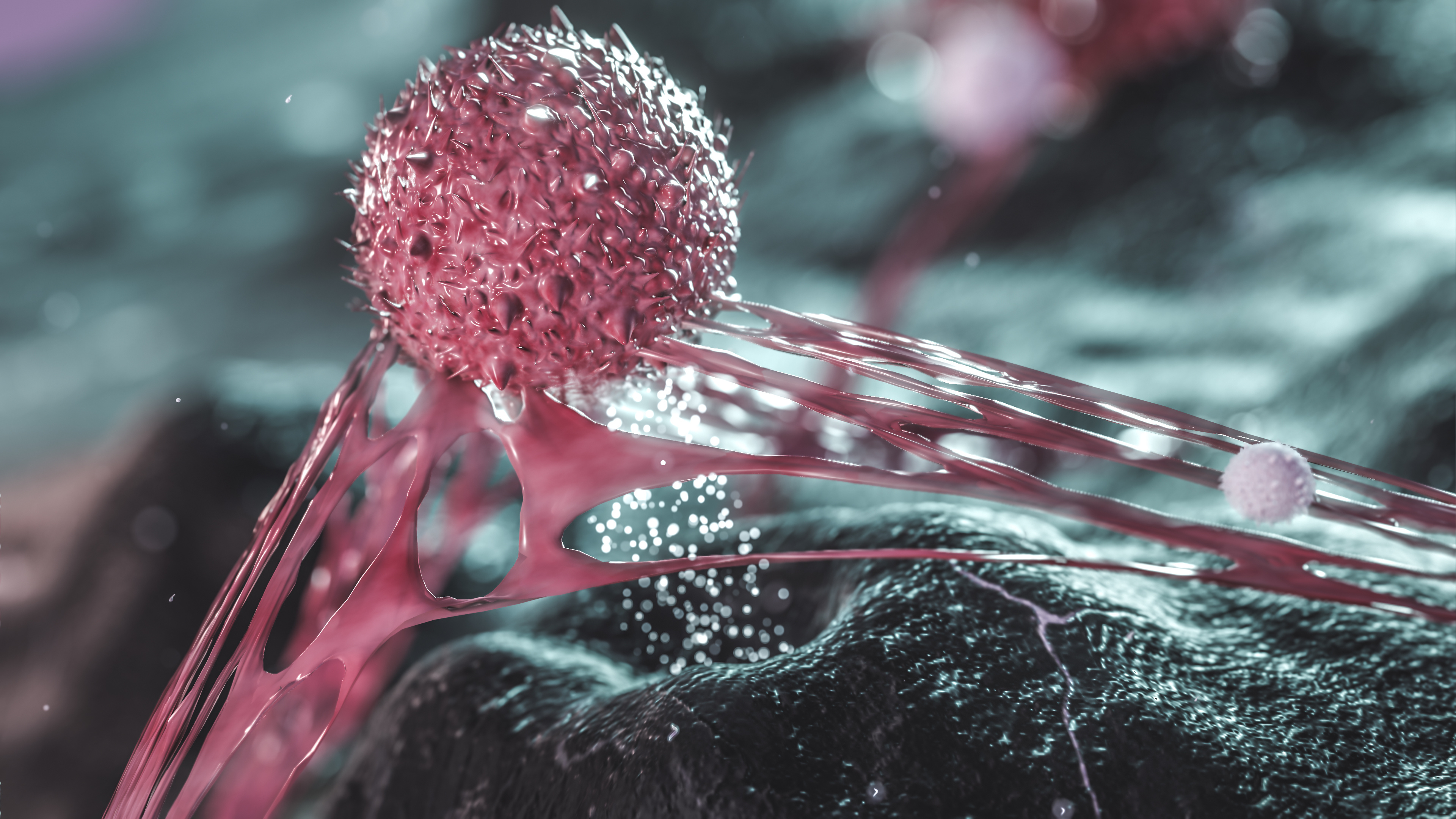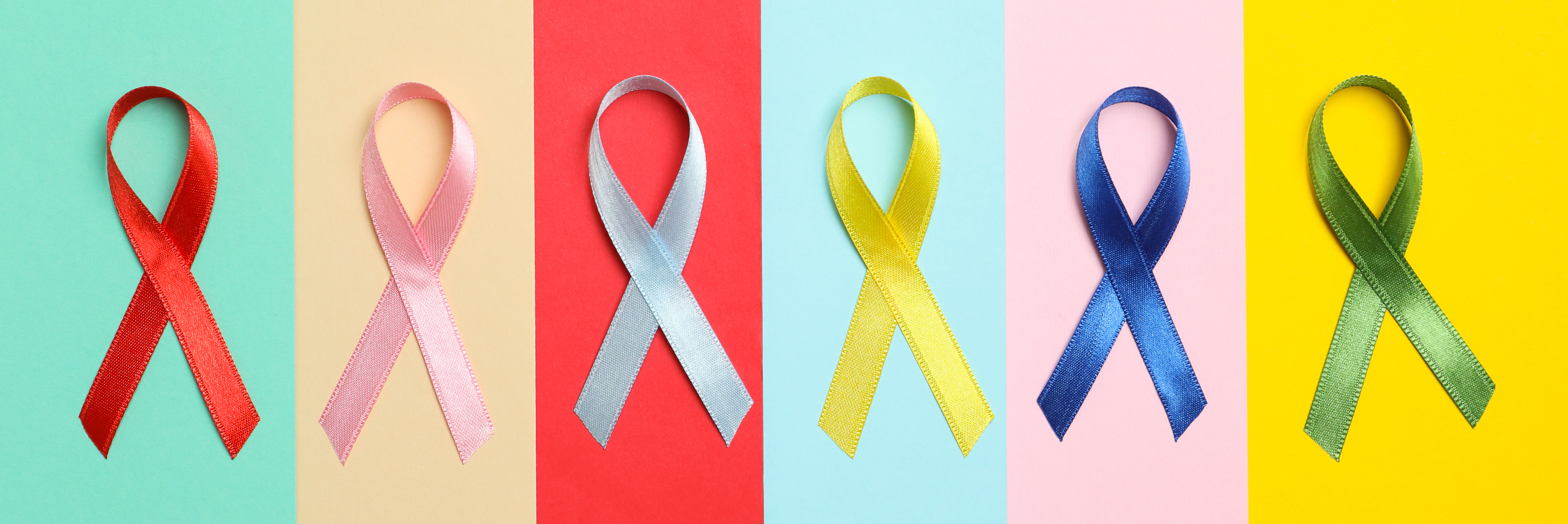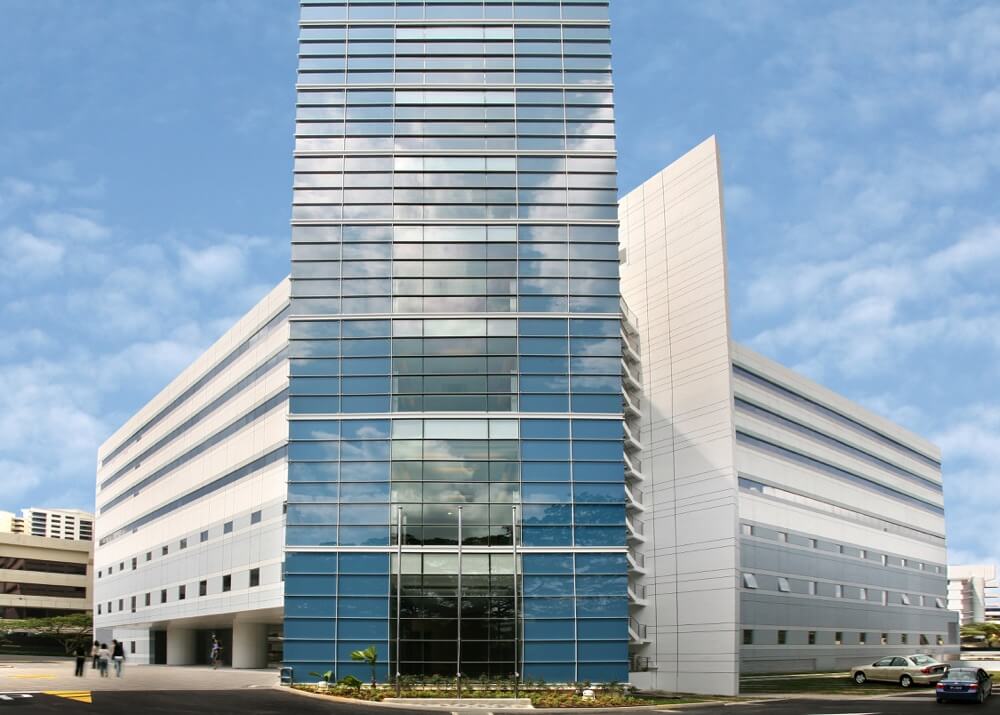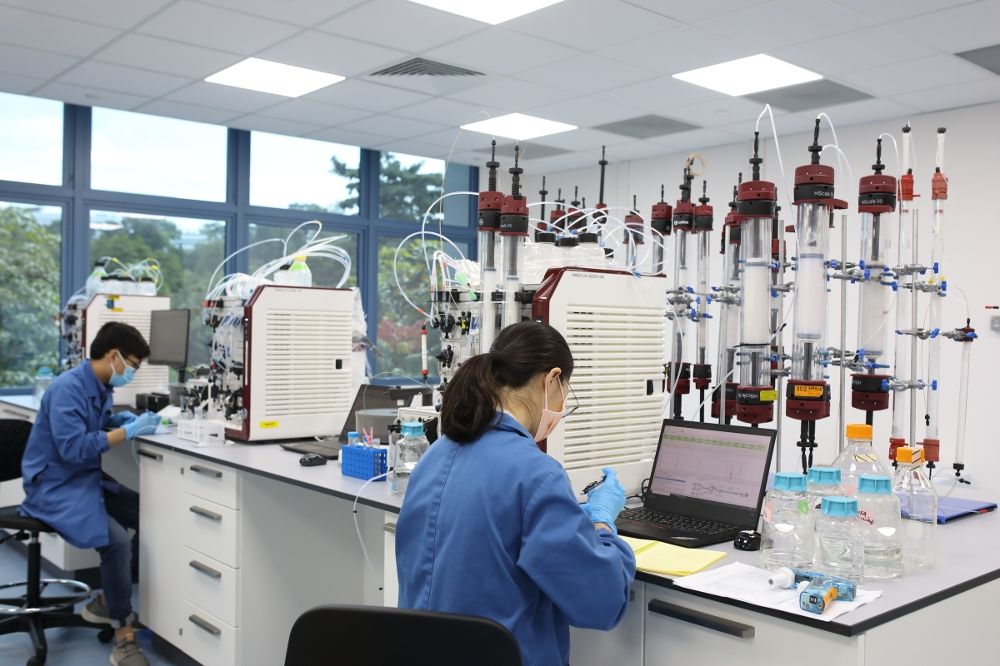
A cancerous cell is one that has mutated from a healthy, normal cell, causing it to grow uncontrollably and spread to other parts of the body. An estimated 18 million people are diagnosed with cancer worldwide
The big C. Cancer is a dreaded word that sends shivers down most spines. But what exactly is this everlooming monster and why are we scared of it?
To understand it, we need to first understand how our body works. The human body is made up of trillions of living cells, microscopic workers that perform their genetically-assigned duties in a regulated and orderly manner, allowing us to function. Healthy cells grow, multiply, die, and are replaced over time. Cancerous cells, on the other hand emerge when genetic mutations disrupt this process and cause cells to divide uncontrollably. This uninhibited growth may form a mass of tissue known as a tumour[1].
Essentially a group of over 100 diseases, cancer is branched into four main categories: Carcinoma—cancer of the skin; Sarcoma—cancer of the tissue; Leukaemia—cancer of the blood; and Lymphoma—cancer of the lymphatic system[2]. Contrary to popular belief, not all cancers involve tumours, and not all tumours are cancerous. Certain cancers like Leukaemia and most types of Lymphoma do not form tumours, while tumours could also be benign and non-life threatening if they don’t spread to other parts of the body, nor recur after being surgically removed. What’s scary about cancer cells is that they don’t die naturally, so cancerous tumours or cancer cells rapidly grow and spread through the circulatory system to colonise other parts of the body in a process called metastasis.
In a city with world-class healthcare, you may be shocked to learn that cancer is still the leading cause of death. According to Dr. Wong Siew Wei at Parkway Cancer Centre, a startling one in three people in Singapore will be diagnosed with cancer in their lifetime, colorectal cancer being the most prevalent in men and breast cancer in women. And the figure is only rising.
The morbid truth is that more than half of cancer cases are unpreventable[3]. And since cancer seems adamant to stay, at least for now, the answer lies in early intervention and treatment.
Sure, we should acknowledge that science has come a long way with regard to cancer treatment, evidenced by many cancers having lower mortality rates over the years despite a steady increase in incidences. Yet we can all agree that it will take some time before we come close to demolishing this beast once and for all.

Every February 4th marks World Cancer Day, where people around the world spread awareness of cancer prevention, detection, and treatment.
At present, the most common ways to treat cancer are through surgery, radiotherapy, and chemotherapy. Their main goals are to reduce, remove, or slow down the growth of cancer cells. While these options can be highly effective, especially when working in tandem, they bring a slew of negative side effects. Some of these include hair loss, nausea, bruising and bleeding, and chemo brain—a term coined by cancer patients to describe cognitive problems that result from cancer therapy. Besides, chemotherapy and radiotherapy do not work the same for everyone, and their effectiveness dwindles with each session.
But there’s hope to be had! In fact, the Singapore Science Park is currently home to pioneers of innovative cancer treatment.
In the forefront of malignancy treatment breakthrough are clinical-stage biotechnology companies Tessa Therapeutics and Hummingbird Bioscience. These companies focus on highly personalised treatments that enable the body to rally against cancer cells without drugs or radiation.

Tessa Therapeutics owns one of the leading commercial-scale cell therapy manufacturing
facilities in Asia. Image courtesy of Tessa Therapeutics.
Tessa Therapeutics is an innovator of cancer immunotherapy for haematological (blood-related) cancers and solid tumours. Their key clinical asset, TT11, is an autologous CD30 chimeric antigen receptor T-cell (CAR-T) therapy actively being trialled as a monotherapy treatment, and potentially a second-line treatment in Hodgkin’s Lymphoma; both show encouraging results.
To break it down, CAR-T therapy, or cell-based gene therapy, involves the harvesting of a patient’s T-cells—immune white blood cells—and modifying them to recognise and attack cancer cells expressing the marker for Hodgkin’s Lymphoma, the CD30 protein[4]. This promising technology is based on decades-long research and development steered by Tessa’s Scientific Co-Founder, Dr. Malcolm K. Brenner, and his team at Baylor College of Medicine. Tessa’s Singapore headquarters in The Aries boasts a state-of-the-art cell therapy manufacturing facility that houses their research.

Hummingbird Bioscience overcomes the limitations of traditional therapeutics methods with cutting-edge innovations across various disciplines. Image courtesy of Hummingbird Bioscience.
While Tessa continues to leave their mark on cell therapy, their neighbours at The Galen are dabbling in precision therapy against hard-to-drug targets in cancer and autoimmune disease. Hummingbird Bioscience specialises in targeting the human epidermal growth factor receptor 3 (HER3) antibody, a strong driver of tumour growth and cancer drug resistance. They combine systems biology with data science in a multidisciplinary approach to revolutionise the delivery of personalised medicine.
To date, several therapies targeting HER3 have fallen short in clinical tests as they are unable to fully shut down the signalling of HER3 proteins[5]. Hummingbird Bioscience have now successfully developed an anti-HER3 antibody, HMBD-001, that has been observed in preclinical evaluations to have significant cancer growth resistance. This is the first of Hummingbird Bioscience’s pipeline of novel antibody therapeutics candidates to enter clinical trials, with the first patient of advanced HER3-expressing solid malignancies being dosed in a Phase 1 trial of HMBD-001.
Knowing the push behind the advancement of cancer treatment sure makes us enthusiastic about the possibility of conquering cancer, completely. We will certainly be keeping a lookout for more updates on both companies’ progress.
_________________________________________________________________________________________________________________
Follow us on Telegram (yWC@CapitaLand), Facebook @SingaporeSciencePark and Instagram @yourWorkplaceCommunity, or even subscribe to our newsletter - your Workplace Community to receive latest updates on our tenant engagement activities.
1. https://www.singaporecancersociety.org.sg/learn-about-cancer/cancer-basics/what-is-cancer.html
2. https://www.cancer.gov/about-cancer/understanding/what-is-cancer
3. https://www.nature.com/articles/d41586-022-02355-x
4. https://www.tessacell.com/pipeline/
5. https://hummingbirdbioscience.com/hmbd-001/